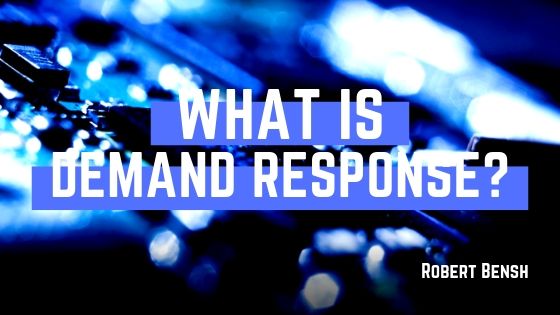During extreme heat waves, air conditioning is critical and even life-saving. Others who have limited to no air conditioning will be relying on fans and similar stand-alone devices to cope with the extreme heat. These devices not only increase the electric bills of millions, but they also put significant strain on the electric grid. When the electricity grid of any country is pushed to the limit, it can mean service interruptions, and this is also true for the United States. Electric utility companies around the country are adopting Demand Response programs to decrease the risk of power outages.
Demand Response Events
Demand Response programs can go by several different names, depending on the organizations involved and the region of the country. They are also called Peak Events, Peak Hours and Conservation Events. Utility companies will motivate customers to control their electricity use during peak times of the year and possibly on specific days. This will be accomplished by raising the rates during these times or adding credits to customer accounts as rewards for complying with the program, among other approaches.
Customers will be asked to be careful about their energy consumption the day before or the day of such events. Current customers will be contacted via voicemail messages, text messages, emails or a combination of all three depending on their personal preferences. Due to the increasing seriousness of a potentially unstable electric grid, utility companies can charge multiple times the normal rate during these events, and this can mean very high electricity bills for many.
The Necessity of Demand Response
It’s become necessary to draw the public’s attention to the current weaknesses in the power grid to prevent blackouts from occurring. Extremely high or extremely low temperatures can mean death for many of the elderly and sick in cases of blackouts lasting just a few hours. The power grid simply isn’t as resilient as many people think, and Demand Response programs bring the public’s attention to this.
Some utility companies have gone as far as making it possible for their customers to sign up for smart thermostat programs. By installing special thermostats, the power company can take control of their cooling or heating systems through a wifi connection. However, simply taking special care to follow instructions suggested by individual utility companies will keep electric bills from increasing for many customers.

